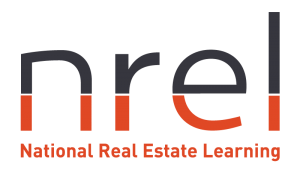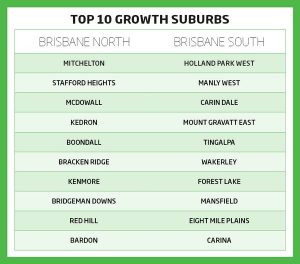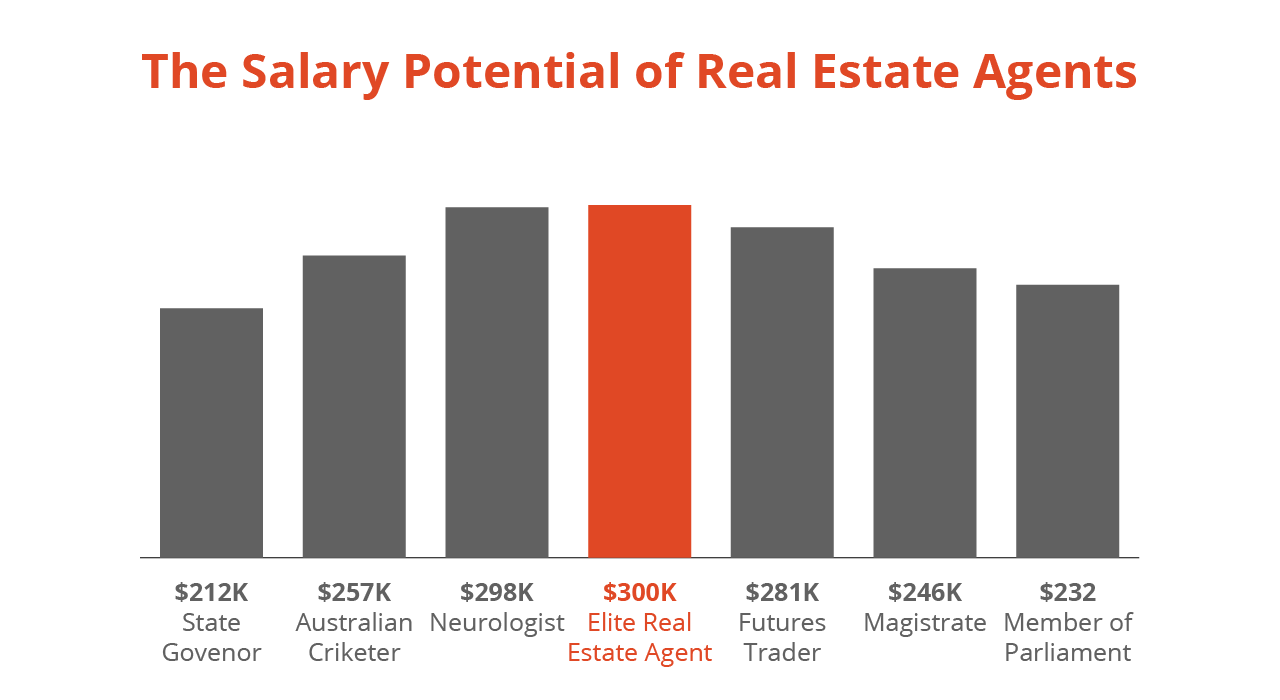A Comprehensive Guide to Opening Your Own Real Estate Agency in Australia
Australia’s real estate market is dynamic and diverse, offering significant opportunities for aspiring entrepreneurs. According to the Australian Bureau of Statistics, the real estate industry is a vital part of the economy, contributing approximately 8.3% to the national GDP. For those considering opening their own real estate agency, understanding the landscape and the steps involved is crucial.
1. Market Overview
The Australian real estate sector is vast, encompassing residential, commercial, and industrial properties. In recent years, the market has shown resilience and growth. For instance, as of early 2024, the median house price in Sydney was around AUD 1.3 million, reflecting both high demand and significant investment potential.
2. Business Planning
Before diving into the real estate business, it’s essential to develop a comprehensive business plan. This plan should outline your agency’s mission, target market, competitive analysis, marketing strategy, and financial projections.
Essential Components:
- Mission Statement: Define the core values and vision of your agency.
- Target Market Analysis: Identify demographics and property types you want to focus on.
- Competitive Analysis: Understand local competitors and market gaps.
- Financial Projections: Estimate start-up costs, expected revenue, and profitability.
3. Legal Requirements
Opening a real estate agency in Australia requires compliance with various legal and regulatory requirements. Here’s a brief overview:
Licensing:
- Real Estate Agent Licence: You must obtain a real estate agent’s licence specific to your state or territory. Each state has its own regulatory body, such as the Office of Fair Trading in New South Wales or Consumer Affairs Victoria.
- Educational Requirements: Typically, a Certificate IV in Property Services (Real Estate) is required. Some states may also require additional qualifications or experience.
Business Structure:
- Business Name Registration: Register your business name with the Australian Securities and Investments Commission (ASIC).
- ABN (Australian Business Number): Apply for an ABN through the Australian Business Register.
Insurance:
- Professional Indemnity Insurance: Required to protect against claims of professional negligence.
- Public Liability Insurance: Covers you in case of accidents or injuries on your property.
4. Setting Up Your Agency
Once you have your business plan and legal requirements in place, it’s time to set up your agency:
Office Space:
Choose a location that is accessible and visible to potential clients. Consider a central business district (CBD) location for higher visibility or a suburban area if you plan to focus on local markets.
Technology and Tools:
Invest in a reliable Customer Relationship Management (CRM) system to manage client interactions and property listings. Consider platforms like Salesforce or Real Estate Investar for enhanced productivity.
Marketing Strategy:
Develop a robust marketing strategy to attract clients and build your brand. This could include:
- Digital Marketing: Use SEO, social media, and email marketing to reach potential clients.
- Traditional Marketing: Utilise flyers, brochures, and local advertising.
- Networking: Engage with local community events and real estate networks.
5. Hiring and Training
Your team is crucial to the success of your real estate agency. Consider the following roles:
- Real Estate Agents: Qualified and licensed professionals who will handle client interactions and property sales.
- Administrative Staff: Responsible for managing day-to-day operations and supporting agents.
- Marketing and Sales Team: To handle promotional activities and client acquisition.
Invest in ongoing training and development to ensure your team remains knowledgeable about market trends and regulatory changes.
6. Financial Management
Effective financial management is key to sustaining and growing your agency. Key financial considerations include:
- Start-Up Costs: These can range from AUD 10,000 to AUD 50,000, depending on your office setup, licensing fees, and marketing expenses.
- Ongoing Expenses: Include rent, salaries, insurance, and marketing.
- Revenue Streams: Primarily through commissions on property sales and rentals. The average commission rate in Australia is about 2-3% of the property’s sale price.
Financial Stats:
- Average Commission (2023): 2.1% of the property sale price
- Estimated Annual Revenue per Agent: AUD 200,000 to AUD 300,000
7. Compliance and Ethics
Maintaining high ethical standards and compliance with industry regulations is essential. Ensure your agency adheres to the Real Estate Institute of Australia’s Code of Conduct and other relevant guidelines.
Opening a real estate agency in Australia can be a lucrative and rewarding venture. With a solid business plan, adherence to legal requirements, and a strategic approach to marketing and operations, you can build a successful agency in this thriving market. Stay informed about industry trends and continuously adapt to changing market conditions to ensure long-term success.





